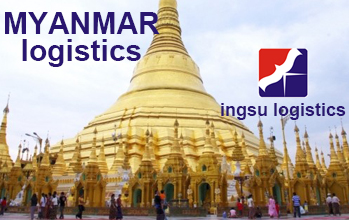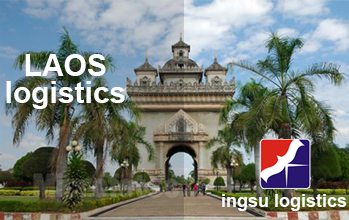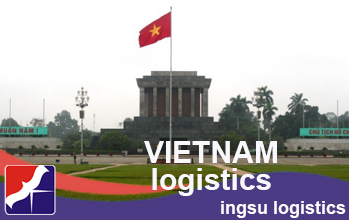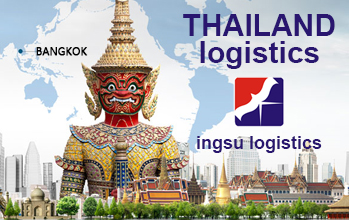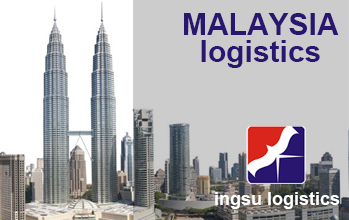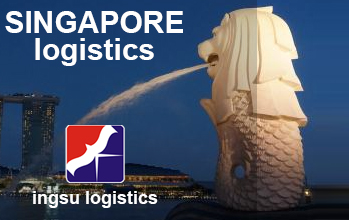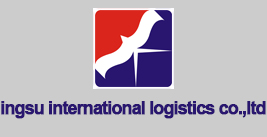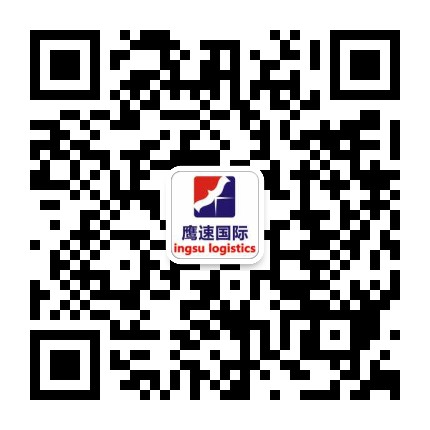Product categories

INGSU LOGISTICS CO., LTD.
Contact:Ms.Haoki
WhatsApp & WeChat:
+8613827272175
Q Q:2087258157
Skype:ruiliang183
Ex Works(EXW trade terms service)
source:ingsu international date :2016-07-28 18:43 viewed:
Ex Works-EXW trade terms service
What is 'Ex Works (EXW)'
Ex Works (EXW) is an international trade term by which a seller makes the product available at a designated location, and the buyer incurs transport costs.
Breaking Down 'Ex Works (EXW)'
Ex Works (EXW) is one of the 11 current Incoterms (International Commercial Terms), a set of standardized international trade terms that are published by the International Chamber of Commerce.
This arrangement is extremely favorable to the seller at the buyer's expense. The seller is only responsible for packaging the goods and making them available at a designated location, such as the seller's warehouse. He or she must also help the buyer obtain export licenses or other necessary documentation, but only at the buyer's request and expense.
Once the goods have been placed at the buyer's disposal, the buyer is responsible for all costs and risks related to the goods. In practice, this means loading them onto a truck, transferring them to a train, ship or plane, perhaps multiple times, handling customs procedures, unloading them at their destination and storing, using or reselling them, as the case may be. Even if the seller does help the buyer by loading the goods onto a truck, for example, the buyer is the one liable for damage during this process.
Ex Works in Context
Ex works costs are calculated by businesses that may be able to cut costs from their purchases by eliminating the seller's value added for shipping. If, for example, company Alpha Inc. prices a shipment of widgets from Beta Inc. at $100, but the ex works cost is $50; and if Alpha Inc. thinks they can use their in-house shipping or a third party for $40 per unit, they save $10 per unit by making an ex works deal with Beta Inc.
A variation of the ex works agreement is the Free On Board (FOB) agreement, in which the seller assumes the cost of getting its goods to a shipping terminal and pays all the customs costs to get the goods on board, but the buyer still assumes the cost of finding, contracting and paying the shipping company and the customs costs incurred when the goods reach their country of destination. The buyer also pays all insurance costs.
Ex works agreements should only be undertaken if the buyer is able to bear all the costs and risks involved in the transaction, including import and export documentation and taxes. Though the seller is obligated to help in procuring shipping and customs documents and making sure they accurately reflect the contents of the packages to be shipped, once the delivery has taken place at the seller's location of choice, all costs related to damages or export violations will be incurred by the buyer.
In practice, Ex Works is sometimes not a viable option due to certain jurisdictions' customs rules. In the European Union, for example, a non-resident individual or corporation cannot complete the export declaration documents, so the buyer may be left stranded. In such circumstances, the Free Carrier (FCA) term is preferable.
Ex Works and Incoterms
Ex Works, Free On Board, and Free Carrier are all among the International Chamber of Commerce's Incoterms. They are used in international trade contracts to outline matters such as the time and place of delivery and payment, the time when the risk of loss shifts from the seller to the buyer, and the party who pays the costs of freight and insurance. They do not themselves constitute a contract or supersede the governing law in their jurisdiction. They can be modified by explicit clauses in a trade contract.
Incoterms were first established in 1936, and the current version, published in 2010, has 11 terms. These are often identical in form to domestic terms, such as the American Uniform Commercial Code, but may have different meanings. Moreover, different countries and the jurisdictions that govern import and export may have different methods of calculating duties on shipping based on their Incoterms. For example, the duty cost of goods can be calculated against the Incoterm agreement: One country may calculate duty against the CIF value of the goods, and another may calculate duty against the FOB value of the goods.
As a result, parties to a contract must expressly indicate the governing law of their terms. Ex Works is the term most favorable to the seller, leaving them with the minimum in terms of cost and risk, while the buyer takes up the slack.
Incoterms such as Ex Works are a legal terms, and their exact definitions are complicated and differ by jurisdiction. It is advisable to contact an international trade lawyer before using any trade term.
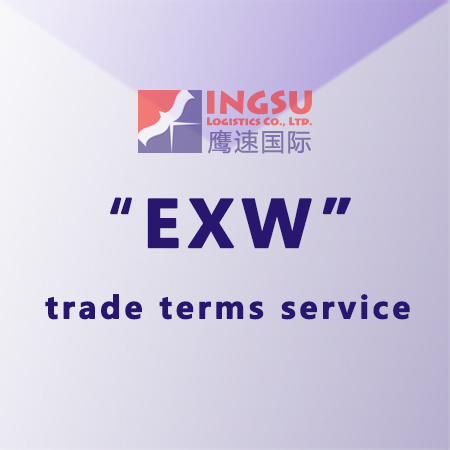
Ex Works(EXW trade terms service)
http://wwwingsu.cn / Myanmar logistics company,Laos logistics company,Myanmar land transportation,logistics,air,shipping,express,Myanmar express,Laos land transportation,Cambodia,Thailand,Malaysia,Singapore,include duty charges,customs clearance,ingsu freight agency,cargo,ocean,general trade declaration,export tax rebate

- 上一篇:Delivered At Frontier(DAF trade terms service) !
- 下一篇:没有了



